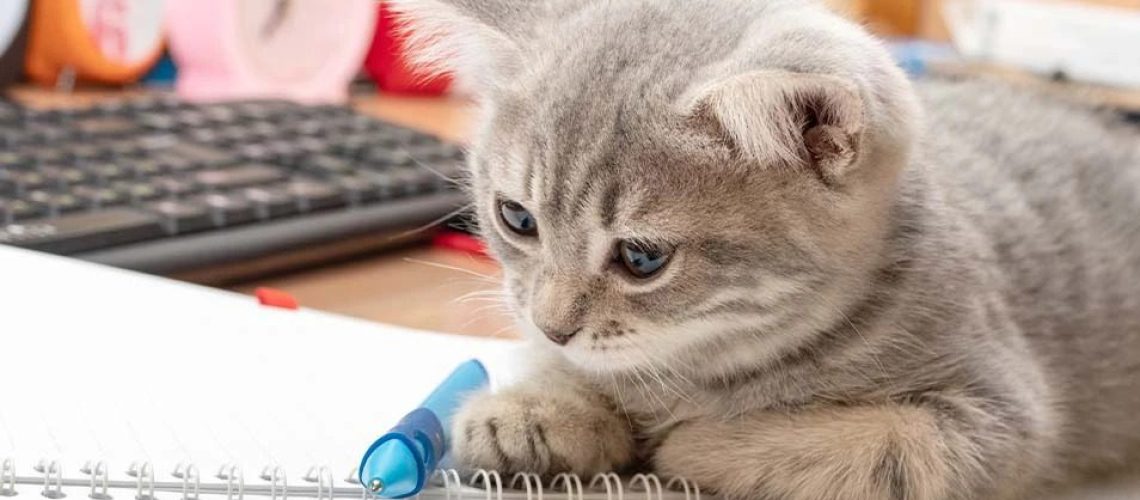Discover the affordable joy of adopting a shelter cat! Average costs range from $50-$150, including vaccinations and more.
Key Takeaways:
- The cost of adopting a cat can vary depending on factors such as the breed, age, and location.
- Adoption fees typically range from $50 to $200, but may be higher for certain breeds or if additional services are included.
- In addition to adoption fees, there are ongoing costs to consider such as food, litter, veterinary care, and grooming.
- It is important to budget for unexpected expenses such as emergency medical care or behavioral training.
- Some organizations offer discounted or waived adoption fees during special events or promotions.
Average Cost of Adopting a Shelter Cat
Adopting a cat from a shelter is not only a rewarding experience but also an affordable one. The average cost of adopting a shelter cat can range from $50 to $150. This fee usually includes the cost of vaccinations, microchipping, and sometimes even spaying or neutering. The exact cost may vary depending on the shelter and the age, breed, or health condition of the cat you choose.
When considering the cost of adopting a cat, it's important to remember that this fee goes towards supporting the shelter and its efforts to rescue and care for other animals in need. By adopting from a shelter, you are not only providing a loving home for a cat but also helping to save more lives.
Benefits of Adopting from a Shelter
There are several benefits to adopting from a shelter rather than buying from a breeder or pet store. When you adopt from a shelter, you are giving an abandoned or stray cat a second chance at life. These cats are often already spayed or neutered, vaccinated, and microchipped, saving you money on these initial expenses.
- You are providing a loving home for an animal in need.
- You are helping reduce overpopulation by supporting spaying/neutering efforts.
- You have access to valuable information about the cat's temperament and health history.
- You are promoting ethical pet ownership by discouraging breeding practices that contribute to animal homelessness.
Considerations Before Adoption
Before adopting a cat, it's important to consider some additional costs that may arise. These include:
- Purchasing essential supplies such as food bowls, litter boxes, scratching posts, and toys.
- Scheduling a visit to the veterinarian for a health check-up and any necessary vaccinations or treatments.
- Budgeting for ongoing expenses such as food, litter, grooming, and potential medical emergencies.
By being prepared for these additional costs, you can ensure that you are fully ready to provide a loving and financially stable home for your new furry friend.
Additional Expenses in Cat Adoption
When adopting a cat, there are several additional expenses to consider beyond the initial adoption fee. One of the main expenses is purchasing necessary items for your new feline companion. This includes a litter box, litter, food and water bowls, scratching posts, toys, and a bed. These supplies can add up quickly, so it's important to budget accordingly.
In addition to supplies, you may also need to pay for transportation costs if you adopt from a shelter that is far away or if you need to hire a pet transporter. It's also important to factor in any necessary home modifications such as installing cat-proof screens on windows or setting up a secure outdoor enclosure.
Cost of Spaying or Neutering a Newly Adopted Cat
Spaying or neutering your newly adopted cat is an essential expense that should not be overlooked. This procedure helps prevent unwanted litters and provides health benefits for your cat. The cost of spaying or neutering can vary depending on factors such as location and the age and gender of the cat.
It's important to research local veterinary clinics or low-cost spay/neuter programs in your area to find the most affordable option. Some shelters may include this procedure in their adoption fees, so be sure to inquire about this when adopting your cat.
Ongoing Costs of Cat Ownership
Cat ownership comes with ongoing costs that should be factored into your budget. These costs include food, litter, grooming supplies, and regular vaccinations. The amount spent on these items will depend on the size and dietary needs of your cat.
In addition to basic necessities, it's important to consider other potential expenses such as flea prevention treatments, dental care, and grooming services if needed. Regular check-ups with a veterinarian are also necessary to ensure your cat's health and well-being.
Veterinary Check-ups for Cats
Regular veterinary check-ups are crucial for maintaining your cat's health. These check-ups typically include vaccinations, physical examinations, and preventive care. The frequency of these visits may vary depending on the age and health of your cat.
During these check-ups, the veterinarian will assess your cat's overall health, provide necessary vaccinations, and address any concerns or issues that may arise. It's important to establish a good relationship with a trusted veterinarian who can provide quality care for your feline companion.
Necessary Supplies for Adopting a Cat
When adopting a cat, there are several necessary supplies that you will need to purchase. These include a litter box, litter, food and water bowls, scratching posts or pads, toys, and a bed or blanket for comfort. It's important to choose high-quality products that meet your cat's needs.
In addition to these basic supplies, you may also want to consider purchasing grooming tools such as brushes or combs, nail clippers or scratchers, and dental care products. Properly equipping your home with these supplies will help ensure the comfort and well-being of your new furry friend.
Budgeting for Unexpected Medical Expenses
It is essential to budget for unexpected medical expenses when adopting a cat. Just like humans, cats can experience unforeseen illnesses or injuries that require immediate veterinary attention. These expenses can quickly add up and potentially strain your finances if you're not prepared.
To mitigate the financial burden of unexpected medical expenses, it is advisable to set aside an emergency fund specifically designated for your pet's healthcare needs. This fund can help cover costs such as surgeries, medications, diagnostic tests, or emergency hospital visits. Additionally, considering pet insurance can provide further financial protection in case of unforeseen circumstances.
Pet Insurance for Cats: Is It Worth It?
When considering the financial aspects of cat adoption, it's important to evaluate whether pet insurance is worth the investment. Pet insurance can help offset the cost of veterinary care and provide peace of mind knowing that your cat's healthcare needs are covered.
However, it's crucial to carefully research different pet insurance providers and policies to ensure you choose one that best fits your needs and budget. Consider factors such as coverage limits, deductibles, waiting periods, and exclusions. Additionally, take into account your cat's breed, age, pre-existing conditions, and potential hereditary health issues when selecting a policy.
Financial Assistance Programs for Cat Adoption
If you're concerned about the financial burden of cat adoption or ongoing expenses, there are various financial assistance programs available to help ease the cost. These programs may offer discounted veterinary services, low-cost spay/neuter options, or assistance with food and supplies.
Research local animal welfare organizations or non-profit groups that offer financial aid specifically for cat owners. Some shelters or rescue organizations may also have resources or partnerships with veterinary clinics that provide reduced-cost services. Taking advantage of these programs can make cat ownership more affordable while still providing quality care for your feline companion.
What is the best age to adopt a cat?
The recommended age to separate kittens from their mother for socialization and adoption is between six to eight weeks. After eight weeks, they can be returned to their colony after being spayed/neutered, vaccinated, and their ear is tipped.
How much do kittens cost?
If you have made the decision to purchase a purebred cat or kitten, the price can range from £200 to £2000, depending on factors such as the breed, pedigree registration, and the lineage of the cat's parents.
How much does it cost to adopt a cat in NYC?
If you're interested in adding a new furry friend to your family, now is a great opportunity! The adoption fees for puppies under six months old are $350, while dogs six months and older have a fee of $250. As for kittens, those under six months old have an adoption fee of $125, and cats six months and older have a fee of $100.
How much does it cost to adopt a cat from a local shelter in the US?
The cost of adopting a cat typically ranges from $15 to $300, and additional expenses such as food, litter, toys, supplies, and vet visits can amount to $300 to $1,000 or more during the initial months.
Is a boy or girl cat better?
Misconception: It is a common belief that male cats are more loving and form stronger bonds with their owners compared to female cats. On the other hand, female cats are seen as distant and prefer the company of other cats due to their nurturing instincts. However, the truth is that this behavior depends on the individual personality of each cat.
Should I get a boy or girl cat?
Male cats are generally more sociable and affectionate towards humans and other cats. They often develop strong bonds with other cats in the household, even if they are not related. In contrast, female cats are typically more reserved. If you want a cat that loves to cuddle, adopting a male cat may be the better choice for you.
















